Why do you write? Do you have a theme, message, or goal for your books?
I write because I can’t not write. I’ve long been an avid reader and recorder of ideas, but writing for a Christian commercial audience had not occurred to me until 2012. I discovered a topic in an area which God had blessed me, while many others struggled. As a long time business and life coach as well as a leadership development professional, I believed I could meet a need by sharing what God had shown me.
How long have you been writing?
Since 2012
Tell us about one of your greatest joys in your writing career.
When my box of books was delivered by the publisher for my first book. I could hold the evidence of the work as well as God’s blessing in my hand.
Tell us about one of your darkest moments in your writing career.
Struggling to envision what was next after the first three books were published. I’d had vision and clarity for each of them. Once that was complete, I knew God wanted me to continue, and yet I had no clear direction. It meant motivation was in in short supply.
Rejection is a common experience for writers. How do you overcome rejection? How has rejection shaped you or your career?
I had 14 rejections on my first book before the “yes” came. My agent helped me understand two important things:
- Rejection is a chance to gain insight into what must be shaped or changed to make the work better. “No thanks” can be a gift if you are willing to see it as an opportunity to learn. Perhaps the pitch needed to be strengthened. Or the proposal more thorough.
- Ask for feedback, seek out critiques, and be open to learning.
In what ways has God led you to mentor other writers? Were you surprised when a certain skill or connection led to mentoring opportunities?
I’ve been a business and life coach for years. Mentoring / coaching writers has been a natural transition. I had so many experienced and talented writers who poured into me when I was starting out. I’m grateful beyond words and love paying it forward. You can’t outgive God.
Tell us about a facet of mentoring that particularly excites you.
I love to watch the lightbulbs go on. I solicited 22 not yet published writers to be part of a compilation book organized around a specific theme. I loved educating them. I edited their work and coached every writer. It was exhausting, but I’d do it again in a heartbeat. They now have the knowledge, enhanced skills, and confidence- along with a soon to release publishing credit – they did not have prior. Release is scheduled for late July 2021.
What venues/methods have you found most effective for meeting and mentoring writers?
I’ve taught at conferences – both large and small. I’ve participated in online conferences as well. I’ve build a writing group in North Texas and I’ve mentored authors in every genre from non-fiction to dystopian in one on one coaching sessions.
Have you organized or led groups to support writers? How has that experience helped you to mentor writers?
Living Write Texas is the name of the writing group I founded three years ago. We keep our group small to support trust for critiques and genuine investment in the success of the group members. I was the only published author in the group when we began. Today seven are published. Five have received a variety of awards from the BRMCWC Selahs to AWSA’s Golden Scrolls.
Have you organized or directed a writers’ conference? Tell us about that experience, and/or share an anecdote that illustrates how you saw writers being mentored and encouraged through the event.
As mentioned above, I’ve organized a couple of writers’ conferences. One for a group located in another state that lacked local learning opportunities. In the other I created the content for the annual AWSA (Advanced Writers and Speakers Association) conference for their protégé program for new writers. Regardless of the gap between the abilities in these two disparate groups, the outcomes were similar.
These programs created quick connection and the openness of attendees. We created a positive environment to learn in a safe place. A thorough but supportive style of critique was presented to them as to how we’d support one another’s growth. When the guard is down, the willingness to hear helpful and appropriately delivered insight about their work was simple and quickly embraced.
If you speak at writers’ groups or conferences, what are some of your favorite topics to speak about?
- Writing well / craft essentials. Nothing is more important. Great ideas, poorly written will remain on the aspiring author’s hard drive alone. And it’s a huge category.
- Mind Mapping. If you don’t know where you’re going, any path will do. But it won’t lead to publication. Whether it’s fiction or non-fiction, publishers want books that may have surprise twists and turns for the reader. But the writer must always be the guide that leads them through the story.
- One Sheet Design and the essentials of the proposal process. The nuts and bolts of the stuff nobody loves.
- Confidence Boosters. Many write well but struggle to represent their work effectively when speaking with agents, editors, and publishers.
What advice do you have for writers as we interact with our peers? What can we do to be better supporters and mentors of our fellow writers?
- Comparison is a thief; resist the urge to engage in it with other writers. Resist the urge to let the good work of others diminish, discourage, or derail you from continuing to write. Turn that “I’ll never be as good as he/she is. Who am I kidding? I can’t write” response into: “Wow I’ve found a great resource who might help me with a suggestion, a resource, or simple encouragement. Gold mine!”
- Taking that critique partner down a peg. Offering a less than positive (or less than truthful) comment or critique is small, petty. Be honest and offer suggestions, resources, brainstorming time. And it won’t make you feel better about your own.
Do you have a favorite resource or two that you recommend to beginning writers?
- The Christian Writers’ Market Guide – if they are writing in that world.
- Local writing groups or national organizations like AWSA, Word Weavers, or others. Great opportunity to find a one-on-one coach or mentor.
Do you have a favorite resource or two that you recommend to writers who are struggling with discouragement?
- For those who write from a faith basis, the Bible.
- One-on-One personalized work with a coach. Full focus on the writer’s individual needs.
- Groups like those identified above.
What are common mistakes you see aspiring writer’s make?
- Inattention to the details – failing to proofread, dismissing the need for learn to self-edit. “The editor will fix those details. That’s their job.”
- Closed to feedback.
- Focus on the writing alone with little interest in learning to market, build platform, etc.
What advice can you give aspiring writers that you wished you had gotten, or that you wished you would have heeded?
I have to admit that once I made the decision to write, I read voraciously on the craft and business side both. I searched for online resources and engaged a coach. I took online courses and found a writer’s group. I didn’t ignore a single avenue of learning. However, some of those avenues were superior to others, and some a waste of time and $$ altogether. I do wish I hadn’t tried to take in so much at once. Learn how to write well. Without that, nothing else matters.
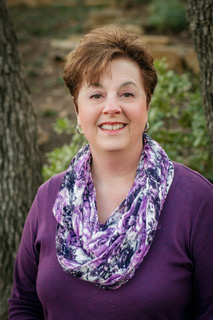
Deborah DeArmond is a recognized leader in the fields of performance development, facilitation, and executive coaching. She is also an award-winning author.
She is the author of Related by Chance, Family by Choice, I Choose You Today, and Don’t Go to Bed Angry. Stay Up and Fight! All three books focus on relationship dynamics, communication, and conflict resolution. She has published more than 200 articles in print and online, including a monthly column in Lifeway Magazine with an international circulation of 300,000.
Deb helps clients achieve success in becoming the coach others desire to work through through her engaging inquiry, humor, and straightforward approach. Her clients have described Deb as “candid but kind” and skilled at asking the questions that help “guide others to discover their answers and solutions to success.”
Deb’s education is in the field of communications, California State Polytechnic University
Deb holds numerous professional certifications as a master facilitator/trainer including: Conflict Resolution from the Center for Collaborative Solutions, Development Dimensions International, Situational Leadership, and several style/personality profile assessments including Strengths Finders and DiSC. Deb also holds a coaching certification for authors/speaker from AWSA – Advanced Writers and Speakers Association.

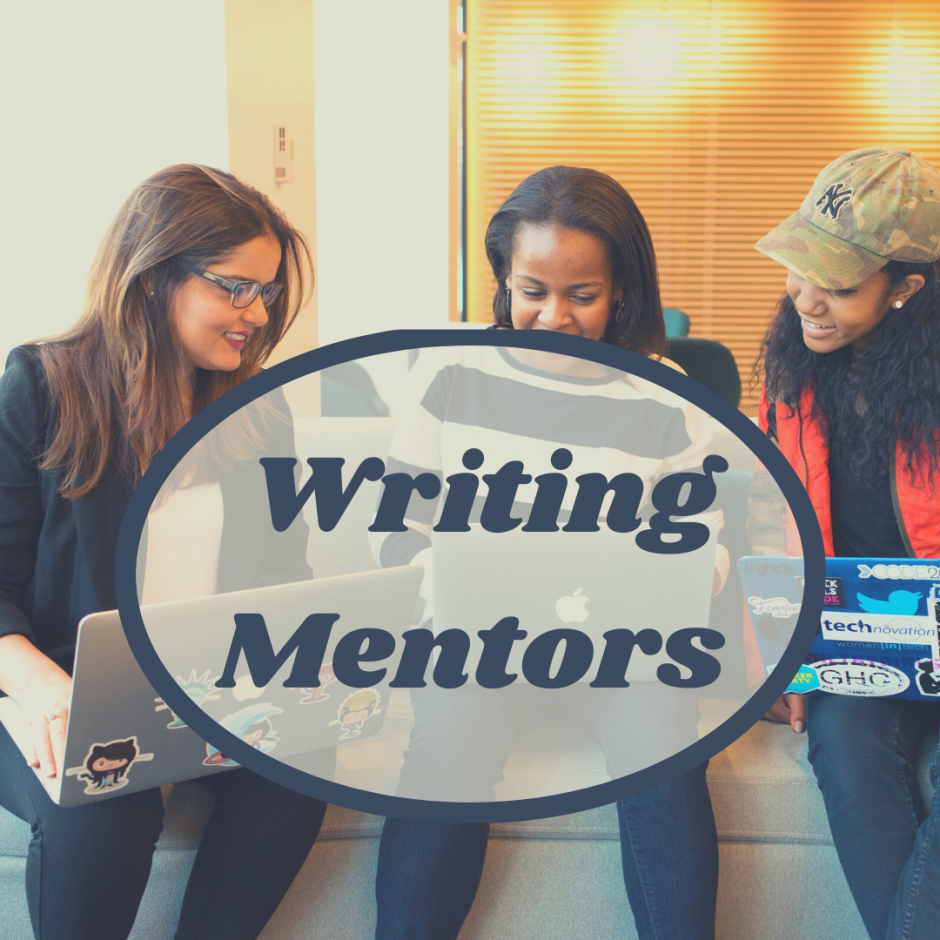
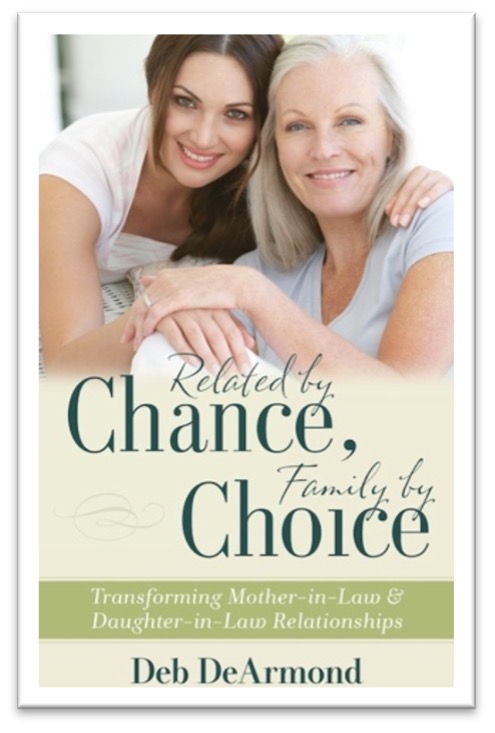

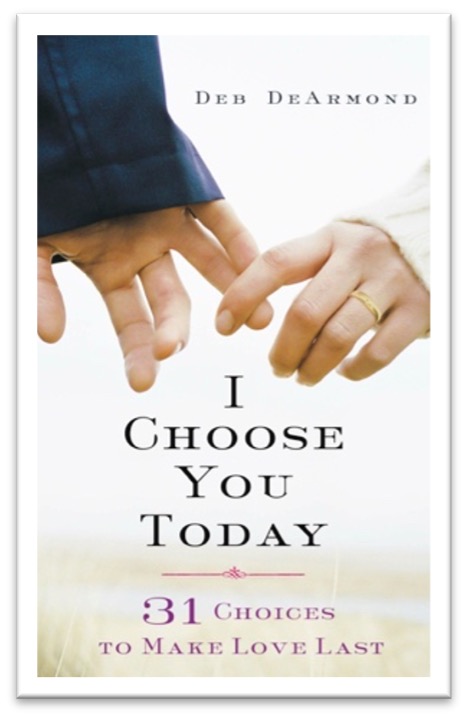
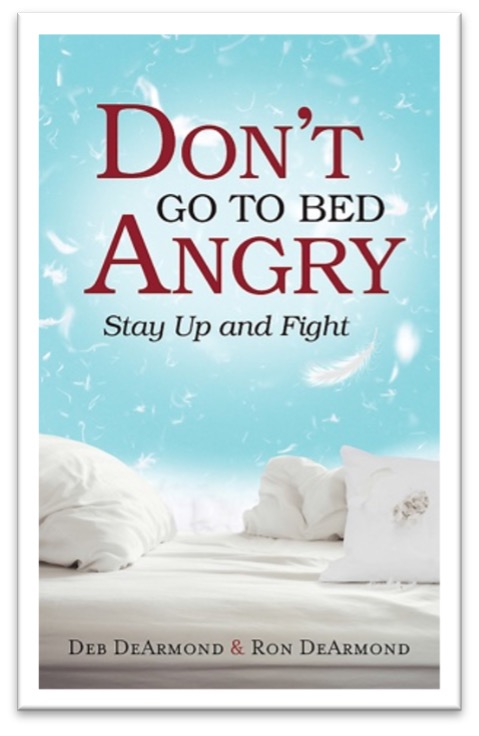
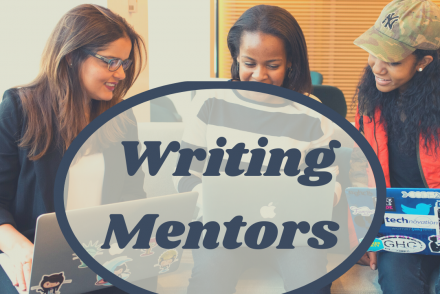


1 Comment
Wonderful to learn more about Deb. She is a great encourager.